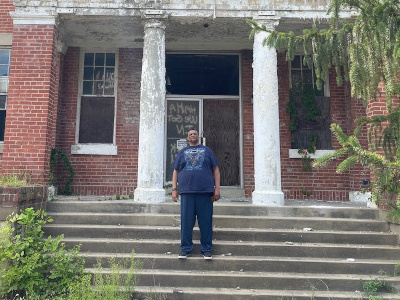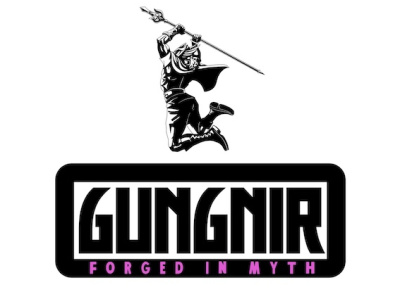Confessions of a Comic Book Guy is a weekly column by retailer Steve Bennett of Mary Alice Wilson's Dark Star Books in
Because Marvel superheroes have been benched during the war on international terrorism by their corporate masters*, instead Marvel has decided to try and tap into recent zeitgeist rumblings over a consequence of the war, a potential loss of our freedoms (i.e., Benjamin Franklin's famous quote, 'They who would give up an essential liberty for temporary security, deserve neither liberty or security.'). In the upcoming 'Civil War' event, their characters will be split into opposing ideological factions, being either pro or con the implementation of a Superhero Registration Act.
Eager not to alienate some readers, Marvel has gone out of its way to assure us the series won't become a platform for left-wing comic book writers to turn conservatives into convenient villains; we're told that both those who support and reject the Act will get a chance to make their cases.
Which is a little odd given that if all this was happening in the real world, I imagine an overwhelming majority of Americans would agree that, at the very least, registering an ever growing population of super powered vigilantes is a good thing.
There's a commonly held belief that freedoms can be limited in the face of a greater danger to the common good; take the old canard that 'the right to bear arms doesn't include rocket launchers.' Every American may have the constitutionally guaranteed right to own firearms, but most of those people automatically accept the wisdom of the government heavily regulating who can own military ordinance.
The crime fighting analogy would be 'sure, go put on a jazzy red beret and patrol your streets if you want to.' But, if you can bench press a bus and shoot lasers out your eyes, it's not unreasonable to assume you're a clear and present danger to yourself and others (no matter how well intentioned you might be).
It's an apt comparison because 'Civil War' hinges on yet another ratcheting up of a brutal status quo; they've decided it's only 'realistic' that inevitably lots of people will be killed during a super-hero/villain battle. Maybe that's why the Hulk is off planet for this one; if he were around someone might finally reveal there's no way all those buildings he smashed could have been oh so conveniently empty -- retroactively making Bruce Banner one of the biggest mass murderers in the Marvel Universe.
Making super-hero comics 'more realistic' has always been a dangerously slippery slope because once you start unraveling the fabric of the fantasy you don't know what you'll be left with once you're done. 'Civil War' seems to signal there's going to be more (and bloodier) consequences to our heroes' adventures and that just in the nick of time rescues are considered too 'juvenile' to be believable in today's world.
If you're going to go this far, why not take the final step and accept the obvious: if decent people suddenly found themselves with powers and abilities beyond those of ordinary mortals, the first thing they would do is not 'fight crime.' I'd like to think the average person would help people if they could, but I'd guess they wouldn't start wearing a costume and pledge to selflessly devote the rest of their lives to others.
Honestly, I don't think we should all return to the cozy world of the Silver Age; we can't go backwards and we shouldn't even if we could. But there just has to be a happier middle ground than what we have now, somewhere between Superfriends and TV's The Shield. I'd like to think we'll find it in the 'One Year Later' world of DC Comics, even after a recent comment from Dan Didio about the darkness in their comics. 'Hamlet's a very dark story where everybody dies,' he said. 'But it's still a great story.'
True enough, Dan. It's just that you're not publishing the monthly adventures of Hamlet, the Dark Danish Prince. Instead, you're in charge of a line of superheroes where there's a decades long expectation of good triumphing over evil. At least every once in a while, it would be nice if the comics actually reflected that.
Still, the just released issue of Detective Comics where we find Commissioner Gordon is back gives me hope. No, it's not particularly realistic to have a man of his advanced years who has suffered the losses he has to again become the police commissioner of a major metropolitan city.
But it is a lot of fun.
* I don't think I'd be wrong to assume a lot of their reluctance comes as much from an aversion to bad press at home as from not wanting to mess up a recent deal to have their comics translated and distributed throughout the Middle East by Teshkeel Comics. Not that there's anything wrong with that; what better way to show some people Americans can be good guys than by showing them our good guys.







